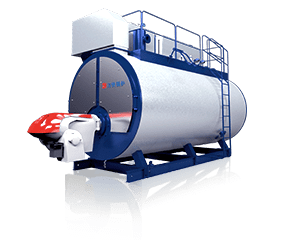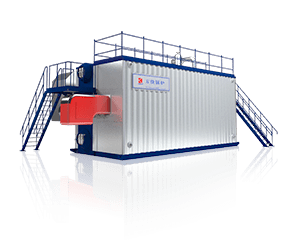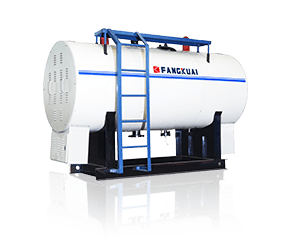Corrosion is an important factor affecting the
service life of gas boilers. If the operator fails or does not perform maintenance work on time, the boiler will be corroded, which will make the thickness of the boiler body thinner, reduce thermal efficiency and shorten the service life.
There are two main reasons for the corrosion of gas boilers, namely smoke corrosion and scale corrosion. This kind of corrosion is formed over time. If you don't pay attention, it will cause damage to the equipment. In severe cases, serious accidents will occur. Today, the FANGKUAI Boiler will elaborate on the cause of the corrosion of the gas boiler, and start from the cause to prevent corrosion.
The primary cause of boiler corrosion is flue gas. The boiler needs fuel to burn, and the combustion process is bound to generate smoke. When the high-temperature flue gas passes through the boiler wall, condensation will form, and the formed condensate will seriously corrode the metal surface.
Another major cause of boiler corrosion is scale corrosion. For example, the kettle for daily water burning, if used for a long time, there will be scale inside the kettle, first of all, it will affect the quality of drinking water, and then it will take longer to boil a pot of water. The
boiler is a "big behemoth" that is hundreds of times larger than a kettle. If corrosion occurs, the hazard is very large.
Therefore, it is recommended that you use the gas boiler enterprise unit. When purchasing a gas boiler, you must choose a manufacturer with reasonable specifications. The water used by the boiler must also be softened to ensure safe production of the boiler and make it more durable.





